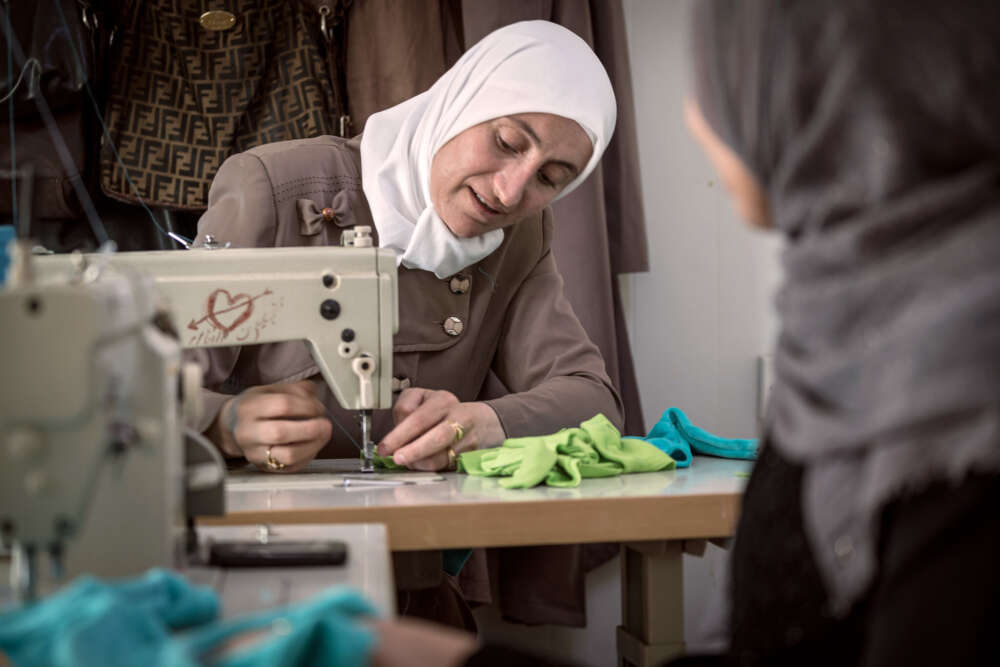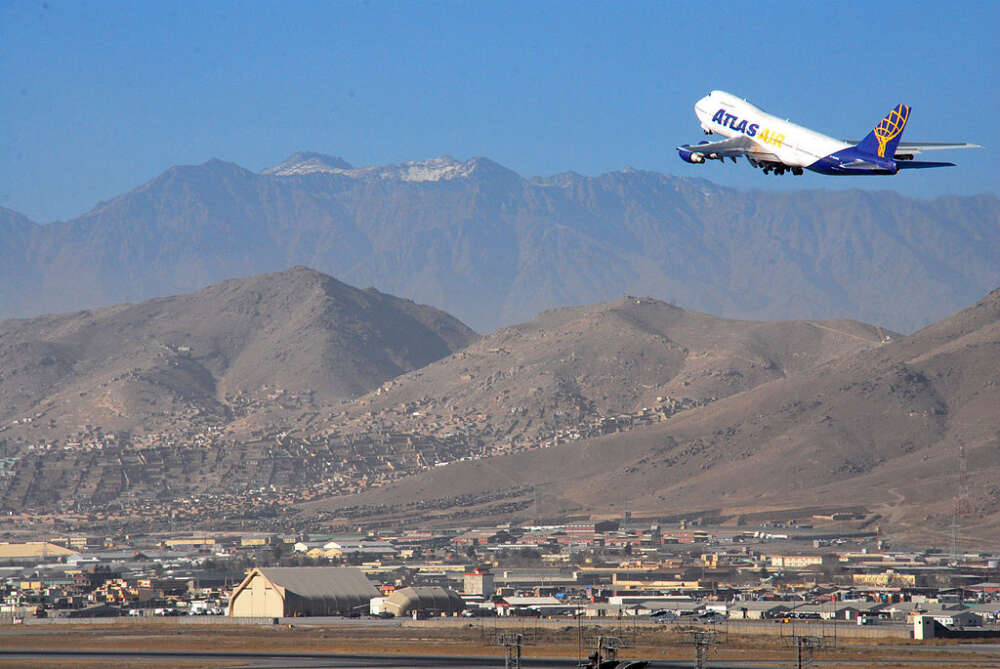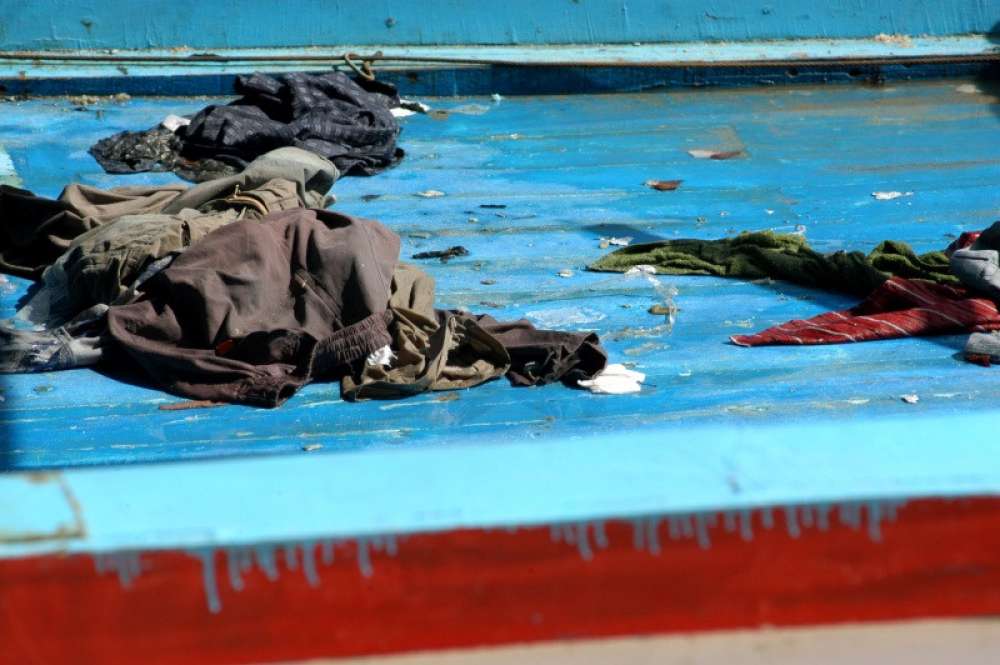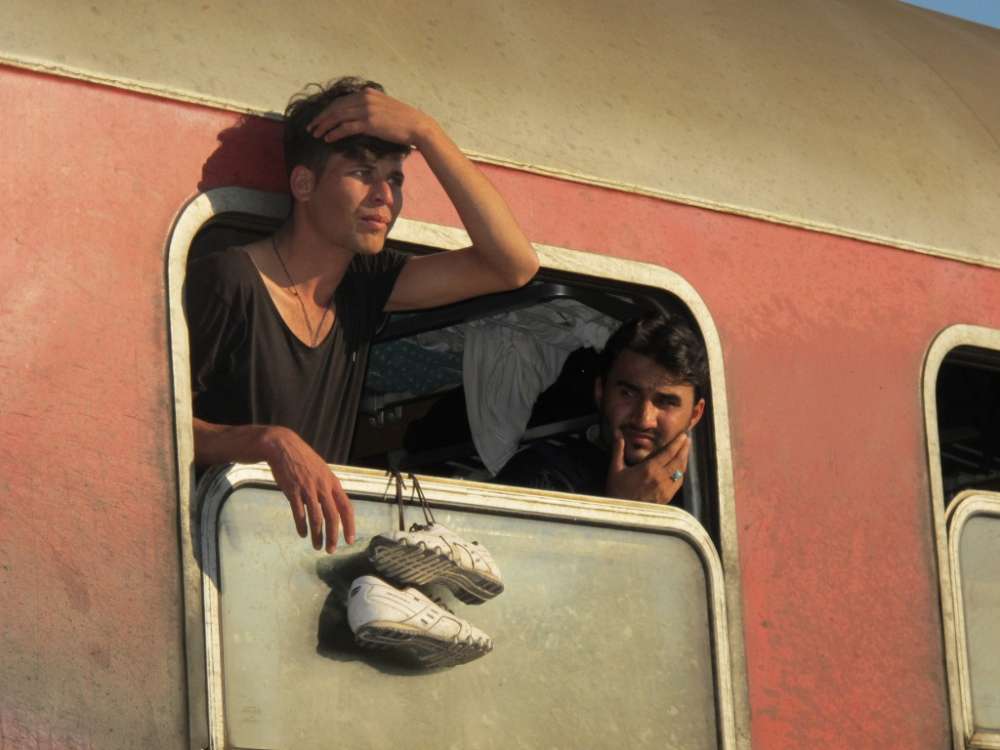The Untrue Truism: Why Sea Rescue Is Not A Pull Factor
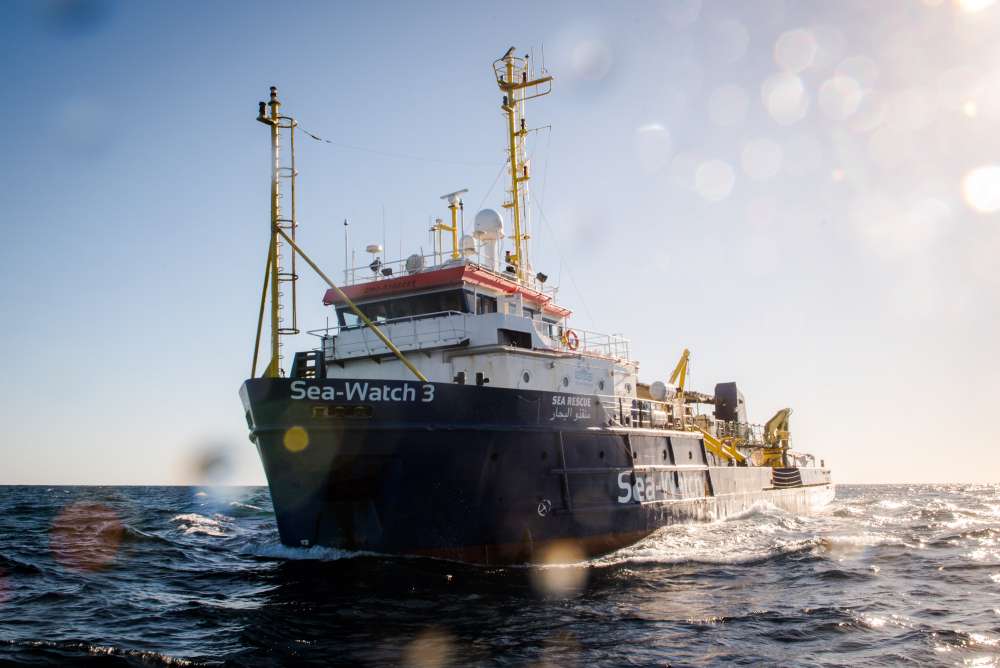
‘Helping by refusing to help’ – despite the consistently high number of accidents in the Mediterranean Sea, opponents of Search and Rescue NGOs (SARs) often use this logic to defend their criticism of organizations like Sea Watch and Mission Lifeline as well intentioned. The underlying idea behind their critique is simple: sea rescue serves as an incentive for migration, thus acting as a so-called “pull factor” that entices more people to make the dangerous crossing to Europe than can be saved by SARs. Following this logic, the demand to end sea rescue seems logical. But the simplicity of the pull factor theory is also its flaw: it is too simplistic to explain the multi-layered migration process, let alone migrant decision-making. While migration research studies have recognized this fact since at least the 1990s, public discourse has been slower on the uptake. We owe it to the 1195 people or more who have died since January 2021 to take a more nuanced look at the problem.
Numbers Don’t Lie, But They Don’t Always Tell the Truth Either
Recently, German journalist Joachim Wagner called for “more honesty” in the discussion on pull factors for migration in a commentary in ZEIT ONLINE. In this case, Wagner was referring to honesty about the alleged pull effect of sea rescue and about the fact that recent research findings on this topic are unreliable. And while the field of migration studies has considered the pull factor theory outdated for several decades, criticisms of previous studies on the influence of sea rescue are indeed justified from a methodological point of view. Most research projects compare the number of migrants traveling across the Mediterranean Sea during periods of low sea rescue activity, with migration figures from times when many rescue boats are on site. Researchers often interpret the lack of statistical correlation between the two periods as an indication that SARs do not affect the number of departing migrants. However, this method only provides initial indications rather than conclusive results, as it ignores many other possible influencing factors. Although individual circumstances such as the weather can be accounted for by using finer statistical analyses, an isolated investigation of sea rescue’s impact on migration is not possible. At the same time, these methodological shortcomings do not automatically mean that the studies’ conclusions are wrong. Rather, they point to a fundamental problem plaguing quantitative migration research: studies that only consider migrants as a numerical sum overlook the diversity and complexity of their backgrounds and decision-making processes. Therefore, statistical research on alleged migration pull factors often fall into the same reductionist trap as the theories they try to refute.
Migrants Differ Greatly – As Do Their Decisions
To better understand the decision to cross the Mediterranean Sea, we need a more nuanced view of migration. In my own interview-based research on migration along the central Mediterranean route, I identified at least three groups of migrants that need to be distinguished:
The first group are individuals who are skilled navigators, know the Libyan coast and have robust naval equipment. This group maintains a degree of autonomy and largely attempts to avoid a rescue by European NGOs, as this would require that they register in Europe. For this group of migrants, SARs are not a viable pull factor.
A second group consists of migrants in transit who are temporarily living in Libya. They receive information about smugglers and crossing opportunities via migrant-to-migrant and digital networks. Due to the open nature of these communication channels, it is theoretically possible that these migrants are informed about SAR activities. However, migrants usually have no say in the specifics of the crossing (i.e., the place of departure, the time and the route), as these details are organized by traffickers. Accordingly, the idea that these migrants would intentionally set off on their own because a rescue boat was located off the coast is mostly hypothetical. In addition, the responsible traffickers also have a vested interest in making sure that migrants are not found by NGOs but rather by the so-called Libyan Coast Guard. Libya’s coast guard thwarts many crossing attempts and often brings boats back to Libya, forcing migrants to pay for renewed crossing attempts and thus benefiting the business model of traffickers.
The third group is made up of migrants who are held in detention centers across Libya. These migrants are forced – often through physical violence – to pay smugglers to cross the Mediterranean Sea. Because of their captivity, migrants in this group are stripped of all free decision-making, which makes it impossible for sea rescue to function an influential factor. Furthermore, many attempts to cross the Mediterranean Sea are prevented by the Libyan coast guard, which then returns migrants to detention centers. While detained, they are again threatened with extortion and torture, and are again forced to undertake the dangerous journey across the water. This vicious circle is obvious and – because the topic warrants a touch of subjectivity – heartbreaking.
“More Honesty” Means Facing the Facts
A closer look at the situation reveals why it is unreasonable to interpret the presence of SAR boats as the primary impetus for migrants to attempt crossing the Mediterranean Sea. Of course, it cannot be categorically ruled out that individual migrants take sea rescue into account in their decision-making. Even so, we know that this is the exception, not the rule. Current research shows that migrants’ motivations are much more diverse than the pull factor theory allows for. Future studies should investigate the spectrum of migration in order to gain additional and robust insights into migrant decision-making.
Although further research is needed, we can already reject the claim that stopping sea rescue would prevent people from taking the dangerous route across the Mediterranean Sea. The pull factor theory is based on an outdated understanding of migration and reveals a cruel calculation: anyone in favor of eliminating the supposed pull factor of sea rescue accepts the death of those people who are already on their way. If we really want to talk about “more honesty” in the migration debate, we – the European community – must not close our eyes to the facts. Anything else would not do justice to the Nobel Peace Prize-winning European Union.
A German version of this commentary is also available.
